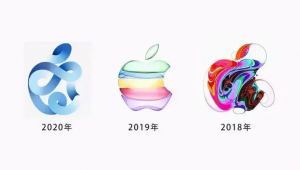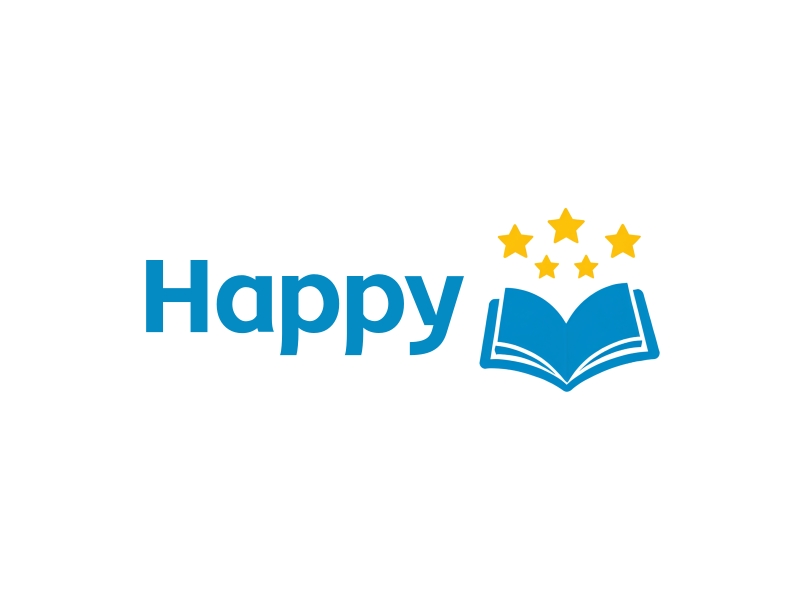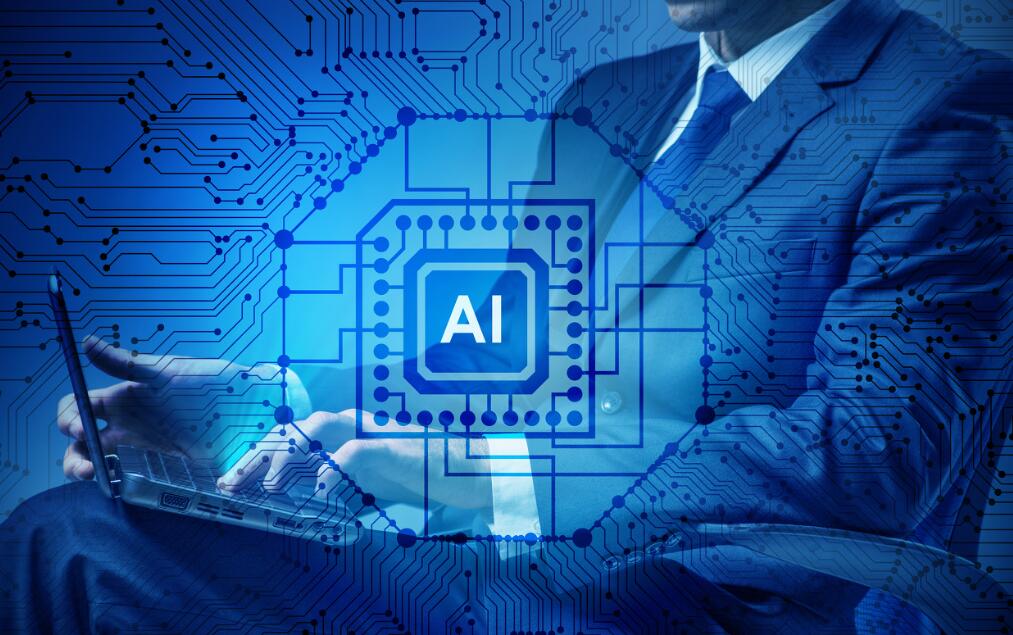Logos are essential for establishing a strong brand identity, especially for international brands. Consumers often recognize these brands by their logos, which act as powerful visual symbols. A well-designed logo can potentially enhance brand recognition by 80%. Businesses design logos to convey their values and personality, incorporating design characteristics like color and typography to make them memorable. AI tools are now revolutionizing the design process by creating innovative designs. Companies utilize AI to efficiently design logos, addressing challenges such as ensuring uniqueness and relevance. AI plays a significant role in this area by helping create logos that resonate with audiences and solve design difficulties. Logos leave lasting impressions and influence consumer choices, making effective logo design crucial for a strong brand identity.
Logos of International Brands
Design Characteristics
Color Schemes
Colors play a crucial role in logo design. Different colors evoke specific emotions and associations. For instance, red logos often convey energy and passion. Green logos symbolize growth and harmony. Purple logos suggest luxury and creativity. Many international brands use color schemes strategically to communicate their brand identity. A well-chosen color palette can make a logo memorable and impactful.
Typography
Typography is another essential element in logo design. The choice of font style can significantly influence how a brand is perceived. Serif fonts often convey tradition and reliability. Sans-serif fonts suggest modernity and simplicity. Custom typography can help create a unique brand identity. Many brands invest in distinctive typography to set themselves apart from competitors.
Symbolism and Imagery
Symbols and imagery in logos help convey a brand’s core message. Abstract logos use shapes and forms to represent ideas or concepts. Iconic logos like Apple’s minimalist apple design reflect innovation and excellence. Symbolism in logos helps create a memorable brand identity. Imagery should align with the brand’s values and mission.
Case Studies of Iconic Logos
Apple
Apple’s logo is a prime example of effective logo design. The minimalist apple with a bite taken out represents innovation and excellence. Apple’s logo has evolved over time, maintaining its simplicity and elegance. The design reflects Apple’s commitment to cutting-edge technology and user-friendly products. Apple’s logo is recognized worldwide, making it a powerful brand symbol.

Nike
Nike’s swoosh logo is one of the most recognizable logos globally. The swoosh symbolizes movement and speed. Nike’s logo effectively communicates the brand’s focus on athletic performance. The simplicity of the design makes it versatile and adaptable across different media. Nike’s logo has become synonymous with sports and fitness.

McDonald’s
McDonald’s golden arches are an iconic symbol of fast food. The arches form the letter “M,” representing the brand name. McDonald’s logo uses bright colors to attract attention and convey a sense of fun. The design has remained consistent over the years, reinforcing brand recognition. McDonald’s logo is a testament to the power of simple yet effective design.
Using AI Tools for Logo Design

Overview of AI Design Tools
Features and Capabilities
AI tools for logo design offer a range of features that enhance the creative process. These tools provide customization options that allow businesses to tailor logos to their specific needs. Real-time rendering enables users to see changes instantly, which speeds up the design process. AI technology also offers a vast database of icons and graphics to ensure a wide variety of choices. Some tools even provide predictive analytics to suggest design elements based on brand information.
Popular AI Tools in the Market
Several AI-powered logo design tools have gained popularity due to their user-friendly interfaces and robust features. Canva offers a versatile platform with numerous templates specifically designed for logos. Users can access all features with a Pro account. Looka stands out for its intuitive interface that quickly gathers brand information to create logos. This tool also provides options for creating brand collateral like business cards and PowerPoint templates. Logo.com’s Data Analytics Logo Maker uses AI technology to offer customization options similar to traditional designers, ensuring a perfect logo for businesses.

Benefits of AI in Logo Design
Efficiency and Speed
AI tools significantly enhance the efficiency and speed of the logo design process. These tools automate repetitive tasks, allowing designers to focus on creativity. Real-time rendering and instant feedback reduce the time needed for revisions. Businesses can quickly generate multiple logo variations, which accelerates decision-making. The streamlined process ensures that companies can launch their branding efforts faster.
Innovation and Creativity
AI tools foster innovation and creativity in logo design by expanding the possibilities available to designers. The vast array of design elements and templates inspires new ideas. AI algorithms analyze trends and suggest innovative designs that align with current market demands. Designers can experiment with different styles and concepts without starting from scratch. This flexibility encourages creative exploration and results in unique and memorable logos.
![]()
Challenges in Logo Design
Common Challenges
Maintaining Originality
Originality remains a significant challenge in logo design. A unique logo ensures that a brand stands out in a crowded marketplace. Designers must avoid clichés and overused symbols. A distinctive logo captures attention and creates a lasting impression. Guidelines help designers create logos that are distinct and memorable. A well-designed logo effectively represents a brand’s identity.
Aligning with Brand Identity
Aligning a logo with a brand’s identity is crucial for effective communication. The logo must reflect the brand’s values and mission. Designers should understand the subconscious associations of logo shapes. These associations help align the logo with the brand’s message. A logo that resonates with the brand’s identity strengthens the overall brand image.

Solutions to Design Challenges
Iterative Design Process
An iterative design process helps overcome challenges in logo design. Designers create multiple drafts and refine them based on feedback. This process allows for exploration and experimentation. Iteration leads to the development of a logo that aligns with the brand’s identity. Continuous refinement ensures that the final design is both original and impactful.
Feedback and Revisions
Feedback plays a vital role in refining logo designs. Designers seek input from stakeholders and target audiences. Constructive feedback highlights areas for improvement. Revisions based on feedback enhance the logo’s effectiveness. A collaborative approach ensures that the logo aligns with the brand’s identity. The revision process results in a logo that resonates with the intended audience.
Role of AI in Overcoming Design Challenges
AI-Driven Solutions
Predictive Analytics
AI tools use predictive analytics to enhance logo design. These tools analyze market trends and consumer preferences. Designers receive insights into what elements resonate with audiences. Predictive analytics help designers create logos that align with current trends. Businesses benefit from logos that capture attention and engage consumers.
Automated Design Adjustments
AI technology offers automated design adjustments. These adjustments refine logos based on data-driven insights. Designers can quickly modify elements like color and typography. Automated adjustments ensure logos maintain consistency with brand identity. The process saves time and enhances the overall design quality.
Future of AI in Logo Design
Emerging Trends
Emerging trends in AI continue to shape logo design. AI stimulates creative innovation by providing new perspectives. Designers explore unique styles and concepts through AI tools. The integration of AI pushes the boundaries of artistic expression. Businesses stay ahead by adopting these innovative design approaches.
Potential Developments
Potential developments in AI promise exciting advancements. Generative AI generates high-quality images and content. Designers leverage this capability for more dynamic logo designs. Ethical considerations arise as AI continues to evolve. Developers address these concerns to ensure responsible AI use. The future of AI in logo design holds great potential for creativity and innovation.
Logos serve as vital components of brand identity. Design characteristics such as color, typography, and symbolism contribute to a logo’s effectiveness. AI has revolutionized logo design by enhancing efficiency and creativity. AI tools offer innovative solutions that align logos with brand identities. The future of AI in creative industries holds immense potential. AI can foster innovation while respecting human creativity. Ethical considerations must guide AI’s integration into the arts. Balancing technology with human expression ensures a harmonious evolution of creative fields. The ongoing collaboration between AI and designers will shape the future of logo design.


CommentsTake the first comment